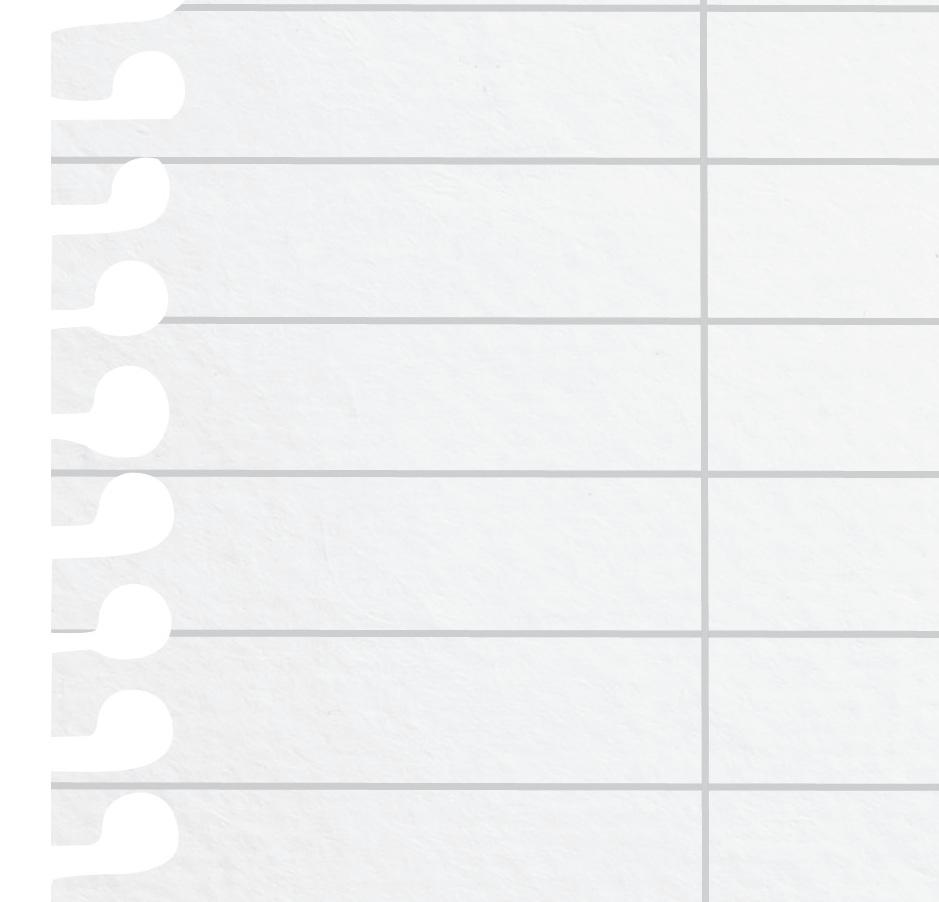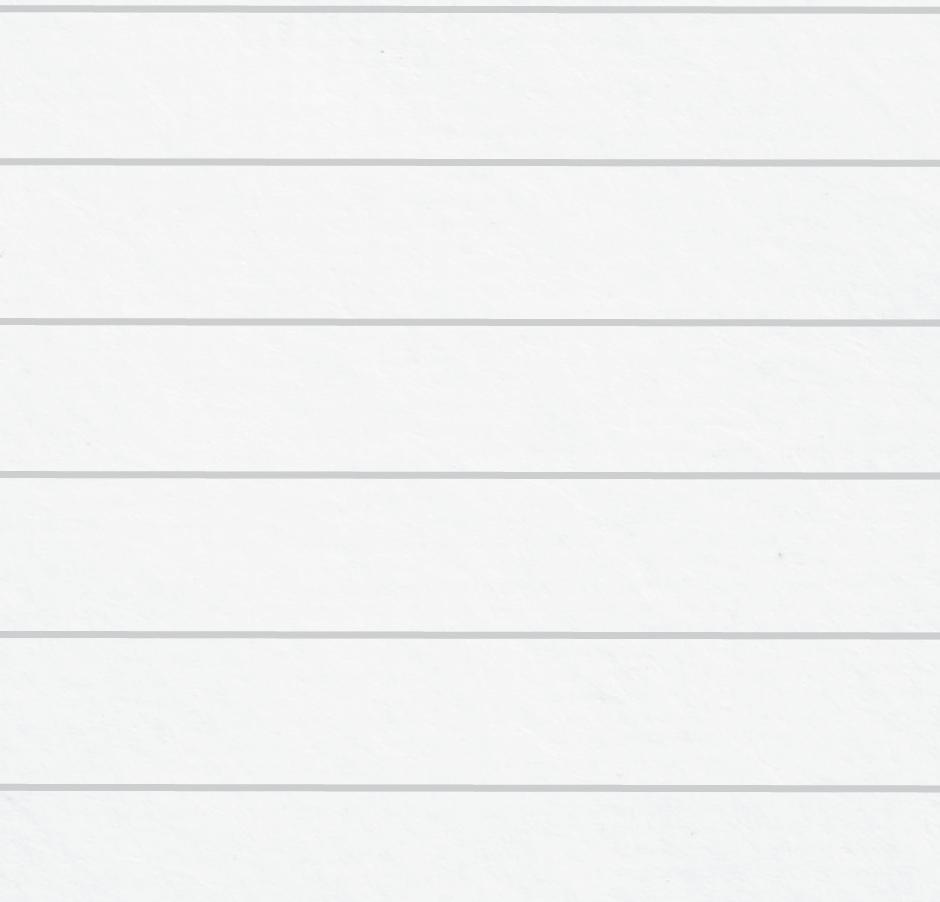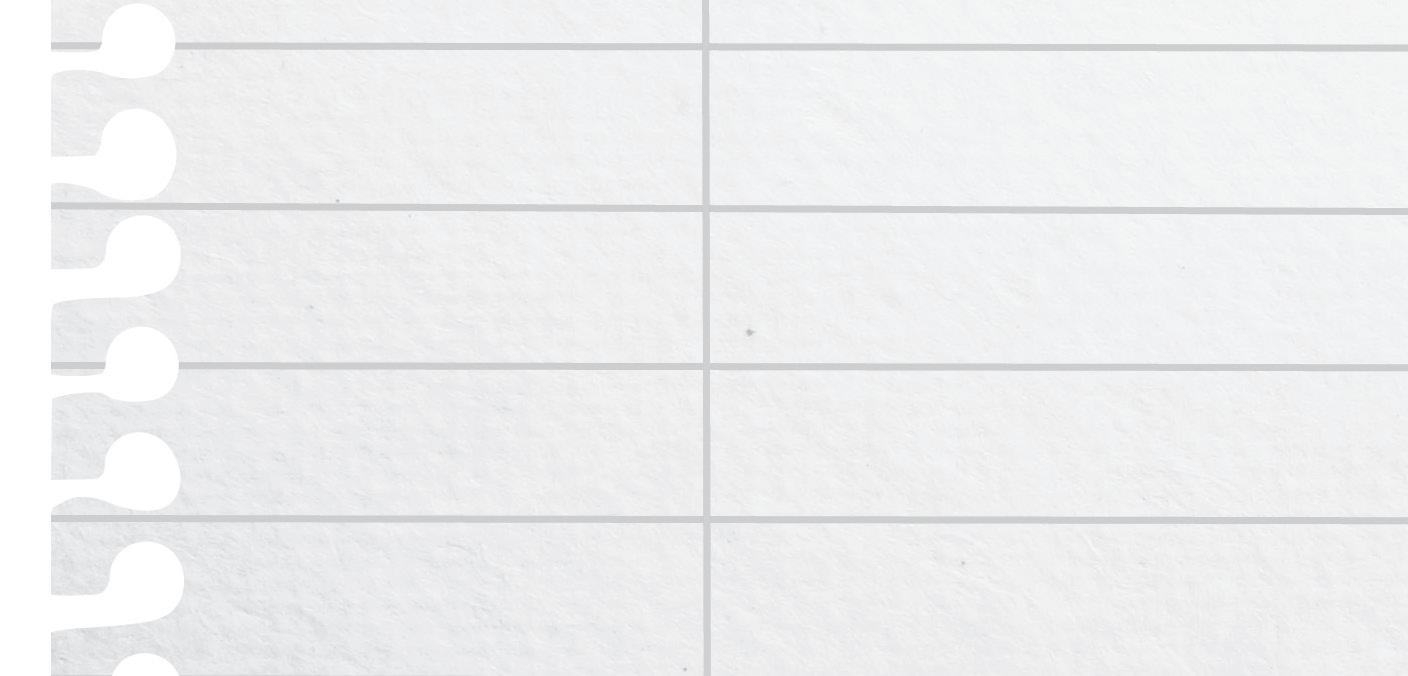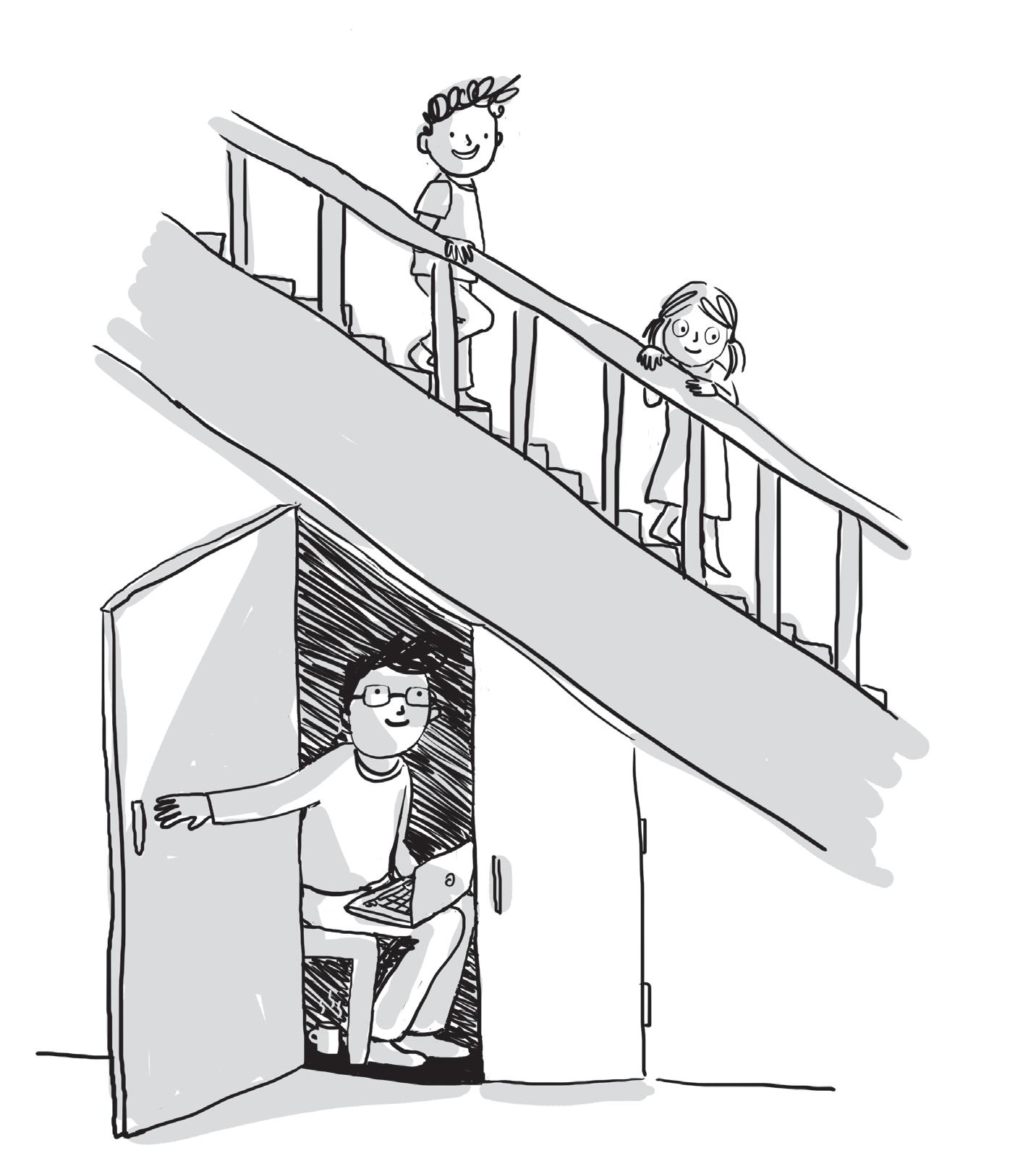
9 minute read
Work and play
Children are oblivious to the fact that you have a life of your own. My son wanted to text me his lunch box preference during his school’s morning break, which I could then prepare and deliver.
My daughter suggested that I come to school at the end of the day, so that she could then choose between walking and being driven home. Yeah, right. When in the greatest of hurries, requests for homework support / making eggs / playing Monopoly cause me to give – let me phrase it mildly – uncharitable responses. Similarly, when focused on the children, attempts to quickly do something useful have led to shrunk clothes and emails that, on reflection, I would much rather not have sent.
At other times, a combination of work and play is possible. Playing tag takes all my attention, but I get many household chores done while playing hideand-seek. As it turns out, I can talk and make jokes while washing the dishes, but attempts to wash the dishes while my daughter is making pancakes causes a level of distraction that makes me break things.
Books on childrearing tell you that children can help you with your chores, or even do them independently.
This is true. Young children can set the table, empty the dishwasher (if you are prepared to sacrifice a
few plates), vacuum clean and prepare simple meals. They often love to mow the grass, wash the dog (coach them carefully) and solve your computer problems (a field in which they’ll probably outperform you by the age of eight). However, I would like to add three rules.
Firstly, think of timing and importance. When in the kitchen, don’t make your progress dependent on his progress. This means a ‘no’ to him washing the pan you need or getting the ingredients out of the fridge, and a ‘yes’ to him adding strawberries to the yoghurt and preparing the salad.
Secondly, think of the damage they could potentially cause. My son has done unspeakable things when painting a wall, but it’s behind a bookshelf so it doesn’t really matter. In the same trusting manner, I welcomed his support when there was ice on the car. I so wish I had provided a mock alternative, with me de-icing the car while he de-iced his tricycle...
Thirdly, don’t get your hopes up. Most young children are keen to help, but this desire disappears the moment they are old or skilled enough to actually be useful.
W i l l e m ’ s w o r d s o f w i s d o m
It’s all about incentives
I used to walk my children to school. Oh, the stress of the daily struggle to leave on time! Games like ‘let’s pretend we’re fast flying planes!’ didn’t work. Attempts to intimidate by counting (‘I’ll count to three now: oooone…’) meant nothing to them. Pleas for compassion (‘I’m going to have a heart attack because of this!’) made no difference at all.
Then, one day, I found the solution: I tripled my children’s pocket money, provided that they had been ready and outside by 8 o’clock sharp, every day of the preceding week. This changed everything immediately.
They were never late. Initially, I felt bad about bribing my kids into good behaviour. Then I rephrased it into ‘rewarding my kids for good behaviour’ and my conscience was clear. Maarten, my brother-in-law, solved a similar problem. His daughter used to get upset whenever he was not waiting at the gate when she finished school. He introduced a reward system: five minutes late meant pancakes, and ten minutes late meant chips. No more red and angry faces: Ida now hopes that Maarten is late!
Ages 3-7 yrs The laundry puzzle Young children can’t do or hang washing properly, but have a surprising ability to find the matching socks and to sort clothes by person. Your chances of them liking it increase if you present it as a puzzle. Nowadays, I throw it all on the bed, add all the socks from my single-sock-bag, and we make this ‘puzzle’ together.
Another puzzle: ‘which items in this room do not belong in this room?’ Your child identifies them, puts them all into a basket, and distributes them to their rightful place.
Ages 3-5 yrs Do as I do
‘Follow me, and do what I do.’ Then go and do your things, with the toddler behind you pretending to do the same. It’s quite a lot of fun. I particularly treasure the memory of my daughter and me shaving in the morning – she with a lot of foam and a spoon.
W i l l e m ’ s w o r d s o f w i s d o m Many by-products of chores serve as a useful distraction for the children. If you let them, kids will turn freshly cut grass into a grass castle, dough into clay and flour into hands prints. Piles of clothes means dressing up.
Best of all: when changing the bed linen, kids really enjoy sitting quietly underneath a growing pile of it. Be amazed that they have disappeared, even though they were there a second ago, and you’ll see the pile gently shake with silent giggles.
Write it all down, please
This is for pre-schoolers who like to pretend they’re writing. Give your child a notebook and ask her to follow you around the house and make notes about what you’re doing. We used to do this ‘for the benefit of later generations,’ but you probably won’t need to give a reason.
Because you know what chores you’ve done it is easy to review the ‘text’ and read it out loud. Once the child has learned how to write, this is no longer interesting.
Ages 4-5 yrs
Ages 4-8 yrs



Tidying rooms while lying down with your eyes closed

Tell your son that you’ve read that children see better in the dark than adults (which I heard is true) and that you don’t believe it. Suggest testing it out. Then take a quick look at the mess in his room, switch off the light, emphasise that you can’t see a thing, and lie on the bed with your eyes closed. Ask him to find all Lego / laundry / magazines and place them in the box / in the laundry basket / on the pile. When you can’t think of anything else, ask if there’s anything left on the floor – and get it cleared. Turn the light back on and be amazed. If your own room is messy too, go there and repeat.


Next time the room is a mess, you suddenly realise that it’s easier to recognise shapes than colours, and you wonder if your child may be able to tidy all yellow / green / blue things. Switch off the lights, lie down, close your eyes, and conduct the colour-based tidying test.


Have your picture taken ‘I need a number of really good pictures of me cleaning the house to impress Mum. Could you follow me and take some please?’ You no longer feel the pressure to stop cleaning to play with your child. Instead, you continue cleaning your house while playing with your child at the same time. Ages 5-10 yrs

Hide-and-seek and do some work Ages 4-10 yrs
Follow the three golden rules and you will get some work done:
1. Never agree to count out loud. If you agree to it once, you’ll forever lose the possibility to do something that requires thinking while pretending to be counting. Most children will not need more than ‘25…50…75…90…100.’
2. Find yourself comfortable hiding places and take your laptop with you. I wrote the first bits of this book in the cupboard under the stairs.

3. If your child goes into hiding and you could hear which room she went to, then go to another part first to tidy things up, and make the occasional noise or disappointed grunt. ‘Oh no, she’s not in the kitchen either!’

W i l l e m ’ s w o r d s o f w i s d o m Two golden rules 1. When your children want to leave the house and you wonder if you could quickly do a chore before they are ready to go, the answer is yes. You can do a quick chore and a few other things too, as your children won’t be ready any time soon. They get distracted. I often use this golden rule when I need to finish something. ‘Sure, sweetheart, I’m ready whenever you have your shoes and coat on’ – and I generally have another 20 minutes before she reappears.






2. When you want to leave the house and you wonder if your children could quickly do something – anything – before leaving the house, the answer is no. It will take much longer than you think, and you will get stressed out.


A note about the next edition
Two or three times per year I write each of my children a letter. I’ve done this from the moment they were born and will give them all the letters when they reach adulthood. Writing these letters takes time but is very gratifying, and reading them a few years later brings back memories that would otherwise have been lost. (Note the paradox: children grow up so quickly, yet you forget so much of their childhood.)
The letters are all about the things they like and the things they don’t, and about the things we used to do together. Writing this book was easy: I extracted most of its contents from these letters.
Perhaps this book’s next edition could have less paternal bias and include ideas from other parents, carers, grandparents and child minders. Do you have games and tricks? Please share them with me at willem@totallychilledoutparenting.com



